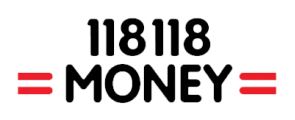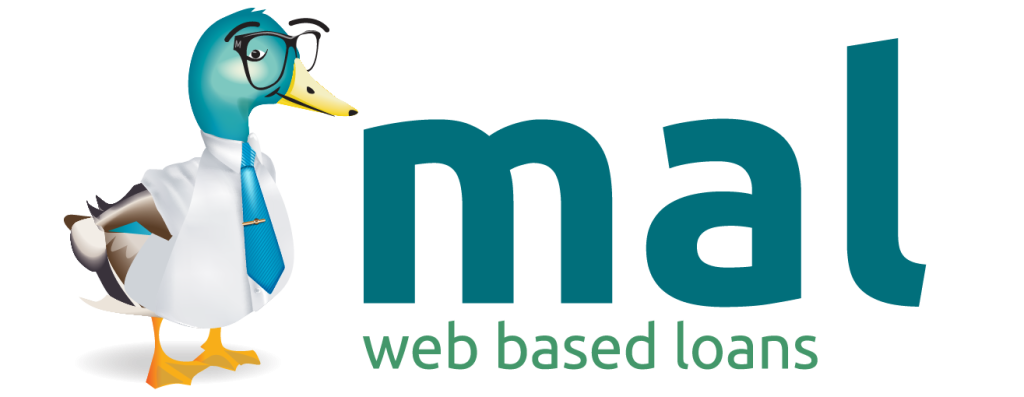You can borrow a personal loan online as it will save you a lot of effort and time. Most lenders and banks allow you to apply for a loan online from the comfort of your home.
Let us understand in detail the loan approval process, and how and when your loan amount will be disbursed to your account in detail.
Personal Loan Approval Process
Depending on the lender, the application process, and whether you need to submit additional documentation to support your loan application, the length of time it takes from when you submit your loan application until the funds get deposited in your bank account varies. It can take up to a number of weeks, although in rare circumstances you can get the money even on the same day.
Once the lender receives your loan application, they will run a credit check to determine your affordability. Along with that, the personal and other information you have shared while filling up the application will also get reviewed.
The timeframe for your loan application to be approved varies based on a number of factors that are listed below:
- The time taken for internal processes
- Whether you already have an account with them
- Whether you provide additional documentation to support your application such as pay stubs
With LoanTube, the lenders we have partnered with are fast in the approval process. The moment you click on the submit button after filling out the application form, lenders will show you the APRs they want to offer you. The unique thing about us is, the rate you are offered will not change later on. It will remain the same.
Personal Loan Disbursement Methods
Mostly, lenders or banks will deposit the money in your bank account if the loan is approved. Ensure that the bank details shared by you are correct so that there is no mishap.
Timeframe for Loan Approval and Disbursement
The earliest you could receive your money if granted, is the same day or the next business day. If you apply for a loan from an online-only lender or a bank with which you already have an account, this is more likely to be the case.
On the other hand, after approval, a personal loan from a credit union may take up to two weeks to arrive.
Common Reasons for Loan Rejection
When an applicant doesn’t meet the requirements of the lender, the loan application is refused. For instance, depending on their financial history or affordability, they can seem like too much of a risk to lend to. Each lender has their own set of lending criteria. Therefore, even if your loan application was turned down, there is still a chance that another lender will approve it.
Let us go through the most common reasons your personal loan application was rejected:
For one or more reasons, you might have been rejected. For instance, if you have:
- Low affordability
- Financial association with someone who has a bad credit score
- Too many credit applications in a short duration
- Non repayment of a loan in the past
- Wrong or inaccurate information in the application form
- Your income is not considered enough to repay the loan you are trying to borrow
If you have applied for a loan but have not been approved, you should try to determine why the lender rejected your application and try to address that problem before applying again.
You could take a number of actions to improve your likelihood of obtaining a loan in the future.
If you apply for a personal loan and are declined, the lender should let you know which credit reference company it used to determine your creditworthiness.
Then, you may get in touch with the credit reference agency and request a copy of your credit history. Reviewing your credit report will help you know if there are any unusual occurrences, such as missing payments or if someone has applied for credit illegally using your personal information.
You can also review your history to see if there are any errors, such as a payment that was made in the wrong amount or a mistake with your personal information. If this has occurred, you must get in touch with the organisation and request that it fix the issue.
Your credit score may be a factor in why your loan application is turned down, as lenders consider those with less-than-stellar credit histories to be more risky.
Therefore, improving your credit score may make it easier for you to be approved for a personal loan. Your score can be increased in a variety of ways, including:
- Getting yourself registered on the electoral roll
- Maintaining payment on any outstanding debtsEnsuring that your credit score information is accurate and up to date
- Avoid Applying for a New Loan Right Away
Regardless of whether your credit application is accepted or rejected, the credit check performed by the provider leaves a trace on your credit report.
Making numerous applications in a short period of time will lower your credit score. Also, multiple credit applications denote that you are in dire financial need and have poor financial management. Therefore, if you have been turned down for a personal loan, it’s crucial not to keep applying.
Take some time off before you reapply for a personal loan or any other form of credit.
- Pay Off any Additional Debt
Paying off your current obligations, if you are able to, may help you qualify for a loan in the future. You might increase your credit score and ease the strain on your budget by making extra payments on your credit card or fully repaying an outstanding loan.
As a result, less of your income would be used to pay off current obligations, which might make lenders more open to your request for a new loan.























